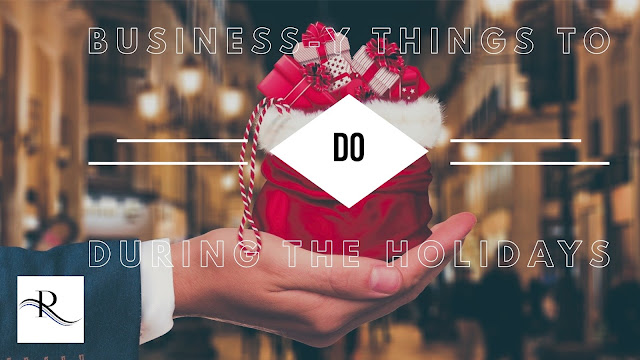MAIN STREET MANAGERS: WE WERE WRONG
I’ve been thinking a lot about Main Street (historic downtown) events and street closures. Partly because I’m consulting with several Main Street communities this summer. But also, partly because one of my dearest friends is a Main Street merchant and her community has elected to shut down their Main Street Friday evenings through Sunday mornings.
When I was a Main Street Manager (if you know me well, this is my version of “This one time in band camp”) I got an earful from Main Street merchants every time my organization put on an event that caused street closures. Every. Single. Time.
Downtown retail business owners let me know how much they disliked the street closures. How bad it was for business. How bad it was for customers to not be able to park outside their shop. How much money they lost during events. How many people wanted to just use their bathroom. How much loss they suffered from shoplifting. How disruptive all the unchaperoned children were.
And I would argue back: but those events were designed with downtown businesses in mind. What brings more people to Main Street than a big, fat festival? From my board to the town council/administration; from Main Street pros to the community; people everywhere were telling me how fantastic these events were and how Main Street merchants were just crabby, negative people who don’t really like anything. Or they’re just not team players. Or they aren’t trying to embrace the opportunity being brought literally to their front door.
It wasn’t until recently that I began to look at this from a different perspective.
Why would they lie?
What possible incentive would Main Street retail business owners have to try to prevent events and street closures if they were making bank during those times? If closing the streets in the downtown historic district was making them money, why would they complain? Why would they fight against it?
Let’s think about this like rational human beings. Actually, let’s re-think this like pro-active economic developers.
Here are the things I’ve heard ad nauseam from retail merchants over the past dozen years:
· Street closures are bad for my business
· I lose money/sales are down on event days
· Fewer people visit my store when the streets are closed
· People who can’t park in front of my store won’t visit my store
· We need more foot traffic downtown
· We need to find a way to get more people downtown
It used to frustrate me to no end and make me shake my head how, in one breath, a business owner would complain to me that we need more people downtown and then tell me how my vastly attended events were killing their business.
What I wasn’t taking into consideration were the reasons people were coming downtown. But I I truly didn’t understand.
But then I started asking event goers, including myself: what else do you do while you’re downtown for an event?
The answer, sadly, is ‘nothing’. We go downtown for the festivals, the music, the fanfare. We stay long enough to get our fill of the event and then we go away.
So to Main Street Managers I say: let’s think of new ways to bring people downtown. Let’s bring them downtown with a mindset of shopping and supporting local small businesses. Let’s bring them downtown with the intention of enjoying what we have to offer downtown every day.
It’s like eliminating the gimmick or the gag from a business plan. No more bait and switch. Let’s stop bringing crowds of people downtown to experience things we can’t give them on a regular basis. And let’s start bringing them downtown to enjoy all we have to offer every single day. Let’s make Main Street exciting enough to be the main attraction.
Which means that instead of spending our time and money on planning and coordinating downtown events, we need to shift our focus to intentionally creating more vibrant and engaging historic districts.
How do we do that? I have several ideas of my own. But I believe the best idea is:
ASK YOUR DOWNTOWN RETAIL SHOP OWNERS!
We’ve been rolling our eyes at them and ignoring their honest input for long enough. We need their buy-in. We need their help. We need to make them feel supported and valued. We need to listen to what they have to say about the welfare of their own business as well as about the vibrancy of our downtowns.
To my bestie – here it is, in writing – screenshot it, save it – I was wrong and I’m sorry.



Comments
Post a Comment